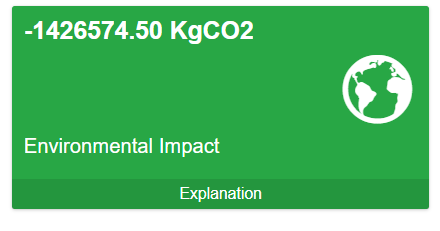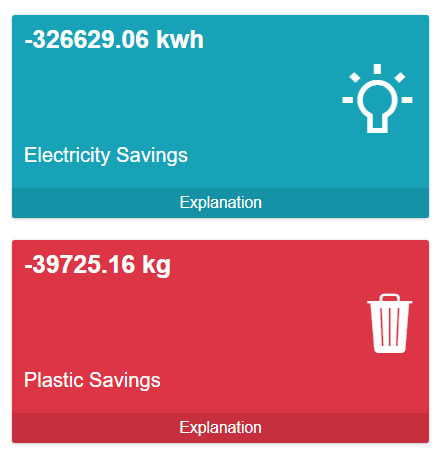SSBM Leads the Way in Sustainable Education
In a further move towards sustainability and innovation in education, SSBM Geneva has implemented the Sustainability Cockpit. This advanced digital platform measures real-time environmental impact and the reduction of commute hours resulting from online learning. SSBM’s Sustainability Cockpit is poised to transform education and make a substantial contribution to environmental conservation.
Reduced Commute Hours: A Tangible Benefit of Online Learning

One of the key metrics highlighted by the Sustainability Cockpit is the significant reduction in commute hours. As students, staff, and faculty opt for online learning, the platform calculates and displays the total hours saved. This reduction not only enhances the learning experience but also contributes to a more sustainable future. SSBM proudly reports an impressive 86,831 hours of fewer commute hours.
Environmental Impact: Mitigating CO2 Emissions

Perhaps the most striking revelation from the Sustainability Cockpit is its quantification of environmental impact. The platform measures and prominently displays the astonishing 1,403,203 kilograms (over 1,400 metric tons) of CO2 emissions saved by adopting online education.
The institution proudly reports a total of 326,629 kilowatt-hours (kWh) in electricity savings, further underscoring its commitment to sustainable practices. Moreover, in an effort to reduce plastic consumption and promote environmental stewardship, SSBM has successfully saved 39,725 kilograms of plastic waste. These achievements highlight the multifaceted approach SSBM is taking towards sustainability.
Contributing to Sustainable Development Goals (SDGs)
By significantly reducing commute hours and the associated CO2 emissions through online education, SSBM is directly contributing to SDG 13 (Climate Action). Moreover, the Sustainability Cockpit aligns with SDG 4 (Quality Education) by offering accessible and sustainable learning solutions. It exemplifies how educational institutions can actively support global sustainability efforts, demonstrating that education is not only a means of empowerment but also a crucial driver for a more sustainable and equitable world.

